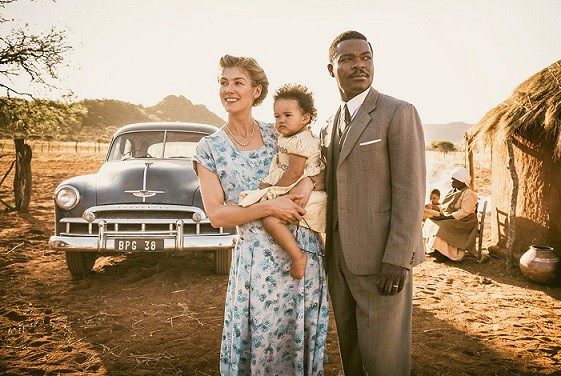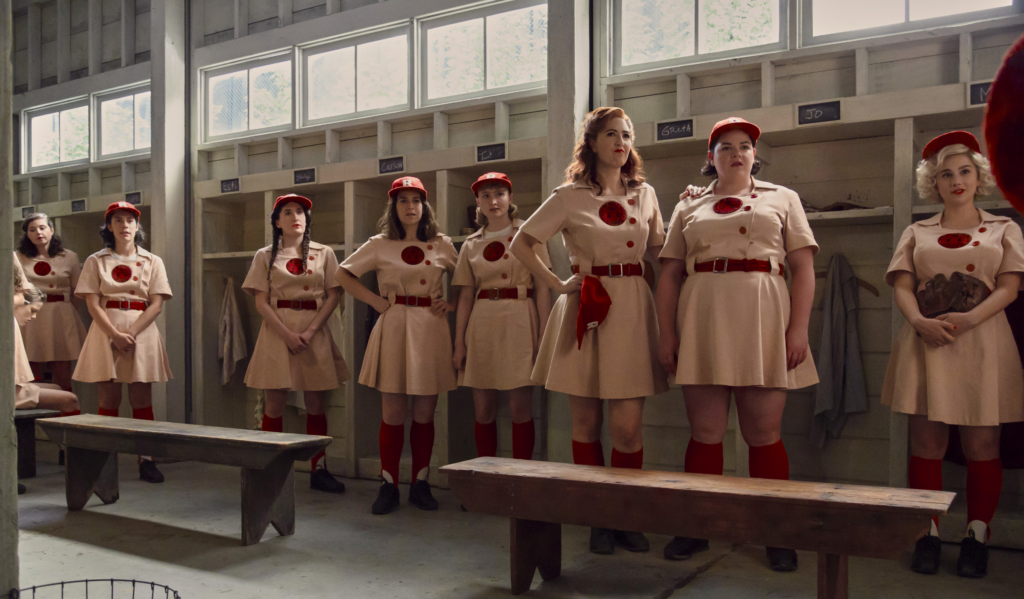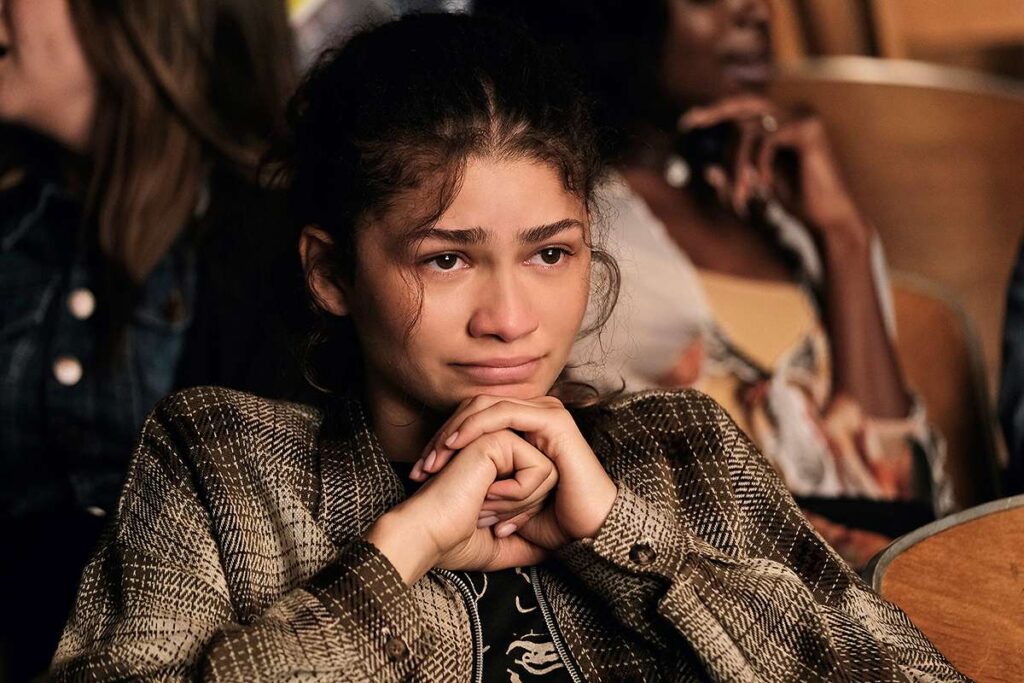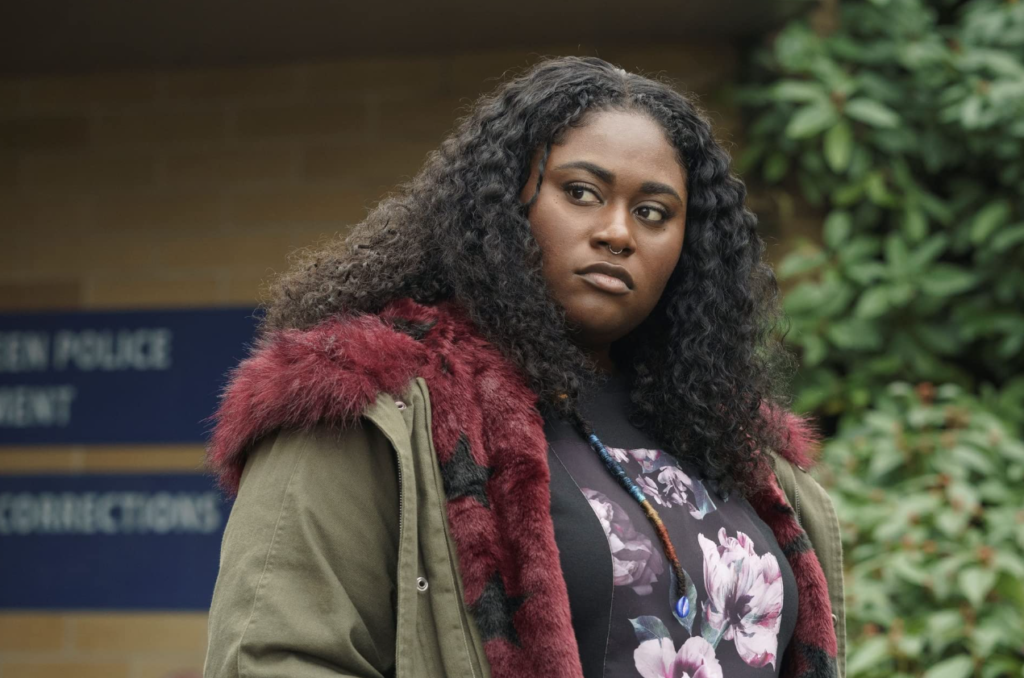The BAFTA Awards are getting a makeover. According to The BBC, The British Academy of Film and Television Arts is changing eligibility rules for films competing in its annual awards as well as “trying to widen its pool of voters.”
Films that fail to meet new diversity criteria will no longer be eligible for two major awards: Outstanding British Film and Outstanding Debut by a British Writer, Director, or Producer. To be eligible for these honors, films must meet two of four criteria. The projects need to “prove they have worked to improve diversity in two of the four following areas: On-screen characters and themes; Senior roles and crew; Industry training and career progression; and/or Audience access and appeal to under-represented audiences.”
BAFTA has suggested that the “significant change” will encourage hiring and portraying minorities, women, people with disabilities, and those from lower socio-economic groups. “It aims to improve access on screen, behind the scenes, and among audiences,” BBC writes.
A statement from BAFTA explained that the new eligibility rules demonstrate the Academy’s determination “in increasing the representation of under-represented groups in front of and behind the camera.”
Hopefully this means that studios, producers, and filmmakers start to expand their conception of a prestige drama. These films are usually associated with male protagonists, and when people of color are featured prominently, they are often playing slaves. It’s time to redefine what makes a film award-worthy.
BAFTA is also set to admit new members “to join the panel that votes for award winners. From this year, those working in the film industry no longer have to be recommended by two existing members in order to join.” BAFTA’s reasoning for the shift is that the policy will widen “the pool of potential members,” helping to ensure “that it’s only talent, and not also who you know, that enables BAFTA membership.”
Of the 375 members admitted in 2016, 43 percent were female, 18 percent were from a minority ethnic group, and the average age was 44, BAFTA revealed. Prior to this new intake, a survey found that 41 percent of voters were female, 13 percent were from a minority ethnic group, and that they had an average age of 52.
The Academy of Motion Picture Arts and Sciences, the organization behind the Oscars, also underwent a recent transformation. Earlier this year, the Academy announced that it had tapped a total of 683 new members — an increase from 322 last year. The new class is way more inclusive than in the past. Forty-six percent of the class are women, and 41 percent are people of color. And while those numbers are eye-popping, the fact is that the number of women in the Academy only increased from 25 percent to 27 percent, and the number of people of color just increased from eight percent to 11 percent.







